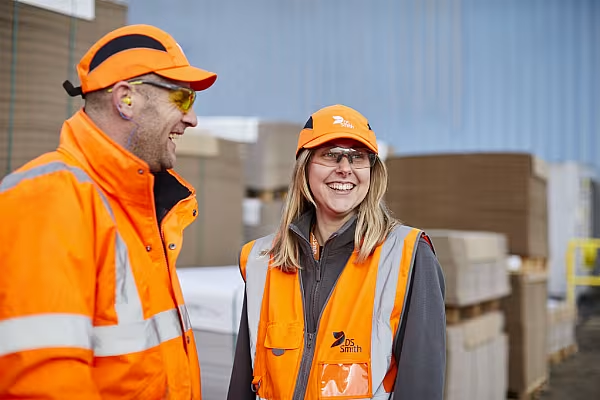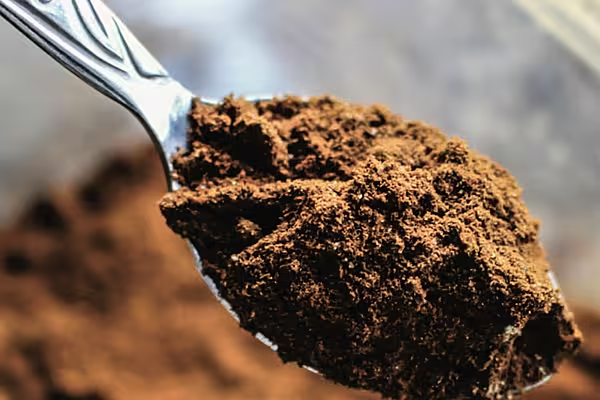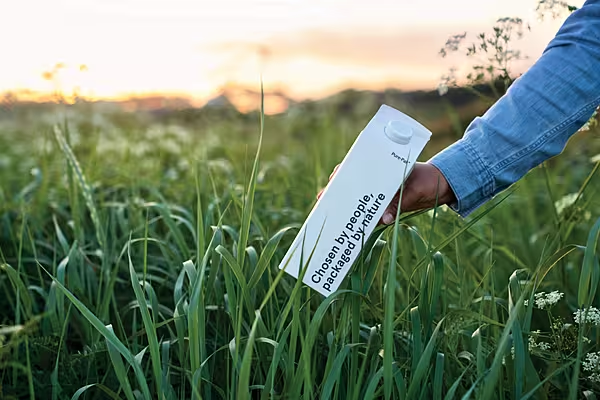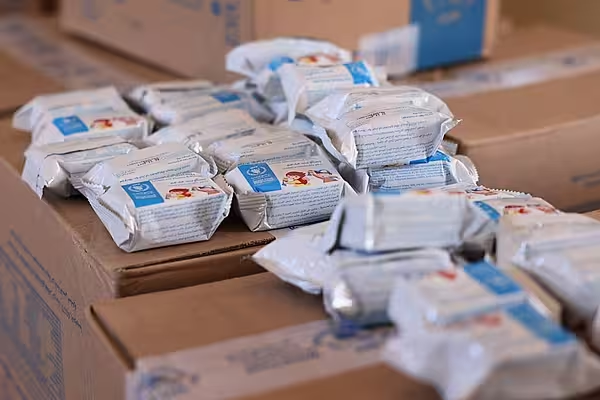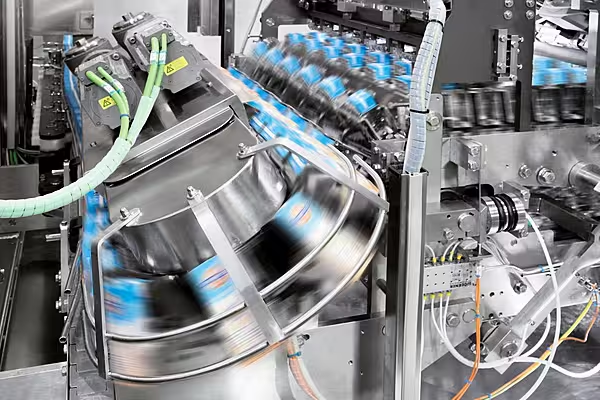Packaging firm DS Smith has announced it has reduced its greenhouse gas emissions by close to a fifth (19%) compared to a 2019/20 base year.
The company made the announcement in its latest sustainability report, which also noted that it had exceeded its Plastic Replacement Programme target ahead of a 2025 deadline – with more than one billion pieces of plastic replaced – and was awarded an ‘A’ rating on climate change from the global environmental non-profit, CDP.
The sustainability achievements were made within the scope of the company's Now & Next Sustainability Strategy, which was updated last year to help the business prioritise circularity in its operations, accelerate its journey to net zero, and strengthen its focus on people, communities and nature.
Progress Made
“I am delighted with the progress we have made on our Now & Next Sustainability Strategy as detailed in our latest Sustainability Report," commented Miles Roberts, group chief executive of DS Smith. "I am immensely proud of our team for exceeding our plastic replacement target more than a year early, continuing to reduce our greenhouse gas emission year-on-year, and securing recognition as a sustainability leader by CDP.
“We believe that our Now & Next Sustainability Strategy is leading our industry, so while it is right to celebrate our colleagues’ achievements, we also know we need to keep moving forward and are working with our customers to ensure that together we can lead the transition to a low carbon, circular economy.”
Emissions Reduction
Other achievements from DS Smith’s latest sustainability report include a reduction in total Scope 1, 2, and 3 greenhouse gas emissions by 5% compared to last year and by 19% since 2019/20, alongside a €90 million investment in a new biomass boiler at its Rouen paper mill, expected to save 99,000 tonnes of CO2 annually.
In terms of social impact, DS Smith engaged 9.8 million people on the circular economy and circular lifestyles and achieved a 12% reduction in accidents year-on-year.
Additionally, the company reduced waste sent to landfill by 19% and optimised 90% of new packaging specifications to align with individual customer supply chains, enhancing overall circularity efforts.
